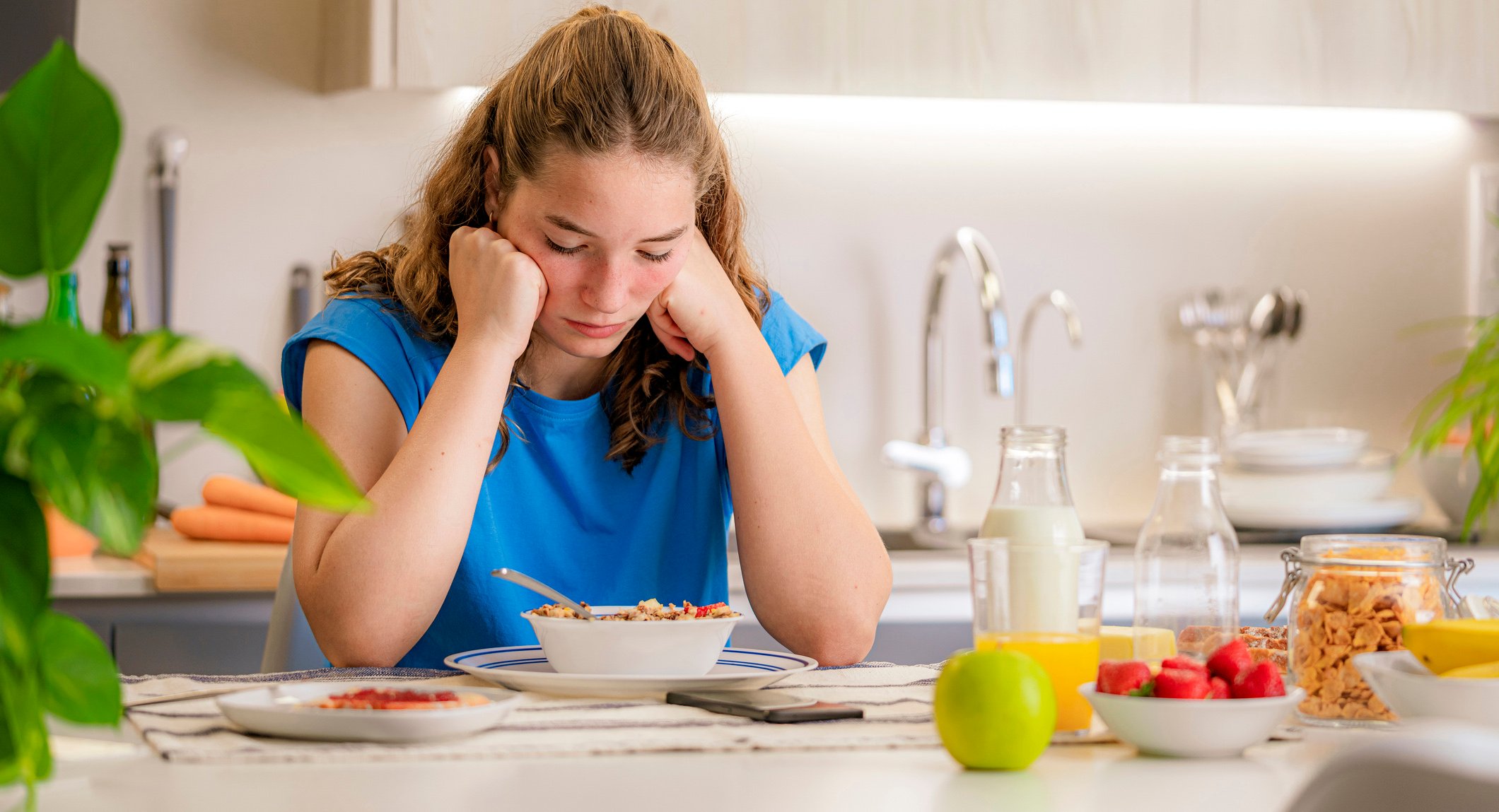The results of a retrospective cohort study with data from over 500 patients indicate that the use of a proprietary Ginkgo biloba extract in combination with an acetylcholinesterase inhibitor and/or memantine is useful in mild cognitive impairment ( MCI), as well as in Alzheimer’s dementia and non-Alzheimer’s dementia. The results were published in the journal Frontiers in Neurology in 2023.
The question of whether and how pharmacological interventions can slow progression in people with neurocognitive impairment is the subject of numerous research projects. In their study, Özge et al. aimed to investigate the effects of acetylcholinesterase inhibitors (donepezil, galantamine, rivastigmine), memantine and the Ginkgo biloba extract EGb 761®** on MCI, Alzheimer’s dementia and non-Alzheimer’s dementia [1,2]. These are active substances that are recommended in the current German dementia guideline for improving neurocognitive functional impairment [3]. One of the main characteristics of Alzheimer’s disease is the accumulation of amyloid plaques between neurons in the brain. Non-Alzheimer’s dementia includes vascular dementia, frontotemporal lobar degeneration (including frontotemporal dementia), dementia with Lewy bodies and Parkinson’s dementia, among others.
** In Switzerland, the ginkgo extract EGb761® (Tebokan®) is approved, among other things, for the symptomatic treatment of mental performance deficits (e.g. impaired concentration and fresh memory)
[2].
Data set from real-world setting
Özge et al. retrospectively analyzed the data of 547 patients who had visited the dementia outpatient clinic of the Neurology Department of the Faculty of Medicine at Mersin University (Turkey) between 2000 and 2022 [1]. With the help of an elaborate statistical procedure, “group-based progression modeling”, they identified patient subgroups that showed similar disease progression. They then identified factors, e.g. certain treatments, that were associated with these clusters. The regression model provided β coefficients as a measure of disease progression: the higher the β value, the faster the disease progressed.
Alzheimer’s dementia: The progression of Alzheimer’s dementia was found to be slower in patients receiving a combination of acetylcholinesterase inhibitors (AchE-i) and the ginkgo extract EGb761® compared to the use of AchE-i alone (β= -0.62153, p=0.0389). It is noteworthy that 60.71% of slow progression cases reported using EGb761® regularly. The use of AchE-i alone showed no significant prognostic effect (p=0.2917). Memantine had a favorable effect on disease progression in the present study (p=0.0004), although this appears to be a dose-dependent effect.
| Implications of the present study Drug interventions, including AchE-i, memantine and the ginkgo extract EGb761® have been shown to be effective in improving cognitive function and other parameters relevant to everyday life in people with MCI, Alzheimer’s disease and other dementias. Özge et al. summarize important implications of their study as follows: |
| – While the use of AchE-i alone had no significant impact on the prognosis of Alzheimer’s dementia, the combination of AchE-i and EGb761® showed potential benefits in slowing the progression of the disease. Memantine had a favorable effect on the progression of moderate to severe Alzheimer’s disease. |
| – Combination therapy with AchE-i and the ginkgo extract EGb761® may also offer advantages in slowing the progression of MCI compared to monotherapy. This indicates synergistic effects of the two active substances. |
| – Regular combined use of AchE-i and memantine had significant effects on slowing the progression of non-Alzheimer’s dementias (e.g. vascular dementia, Lewy body dementia, Parkinson’s dementia) and the addition of EGb761® to this combination therapy further reduced the rate of progression in this patient subpopulation. |
| according to [1] |
Non-Alzheimer ‘s dementia: The use of AchE-i had a significant effect on the progression of non-Alzheimer’s dementia in the present study (p=0.0238), with almost 97.09% of cases taking this medication regularly. Furthermore, the additional administration of memantine had a significant effect on prognosis (p=0.0003). 78.64% of those with non-Alzheimer’s dementia received combination therapy, which had a significant prognostic impact (p=0.0005). Although the addition of the ginkgo extract EGb761® to AchE-i had no statistically detectable effect in patients with non-Alzheimer’s dementia, there was a significant impact when EGb761® was given as an add-on to the combination of AchE-i and memantine (p=0.0308). Overall, the results suggest that the addition of ginkgo extract EGb761® reduces the rate of progression in non-Alzheimer’s dementia (β=0.43531 vs. β=1.40195).
Mild cognitive impairment (MCI): MCI is not considered dementia, but is regarded as its precursor. The causes and progression of MCI vary. The present study by Özge et al. showed no significant effect of AchE-i on progression (β=1.72586, p=0.0608). The addition of Ginkgo extract EGb761® to AchE-i resulted in a proportional decrease in progression, although the significance level was not reached (β=0.30426, p=0.2930). Interestingly, 63.16% of MCI cases with slow progression were found to have been treated with Ginkgo extract EGb761®. In cases that initially had MCI that progressed to clinically manifest dementia, treatment with memantine in early or middle stages of the disease had a favorable impact on prognosis.
Literature:
- Özge A, et al: Early intervention and adding effective doses of EGb761 like Ginkgo extract slow down dementia progression: insights to the neurovascular unit. Front Neurol 2023 Dec 13; 14: 1240655
- Swissmedic: Medicinal product information, www.swissmedicinfo.ch,(last accessed 27.09.2024).
- DGN & DGPPN (ed.): S3 guideline on dementia, version 4.0, 28.11.2023, AWMF register number 038/013.
FAMILY PHYSICIAN PRACTICE 2024; 19(10): 29











